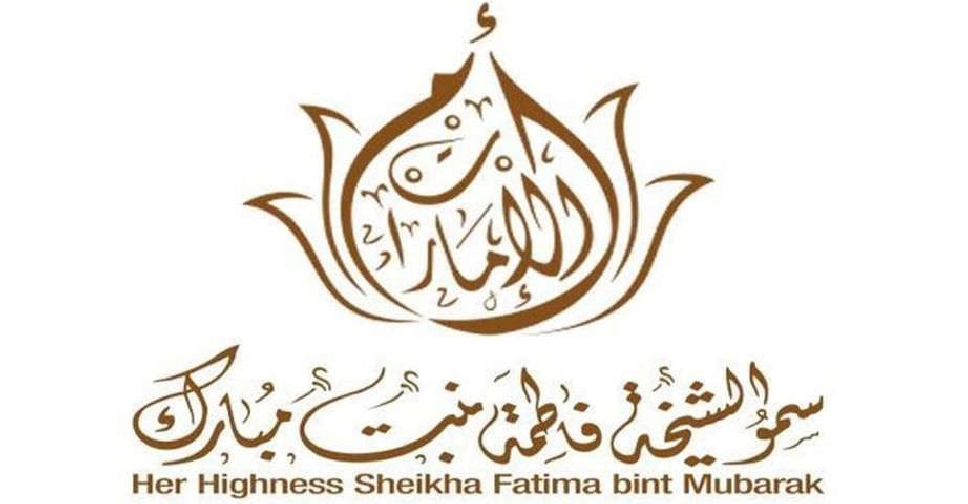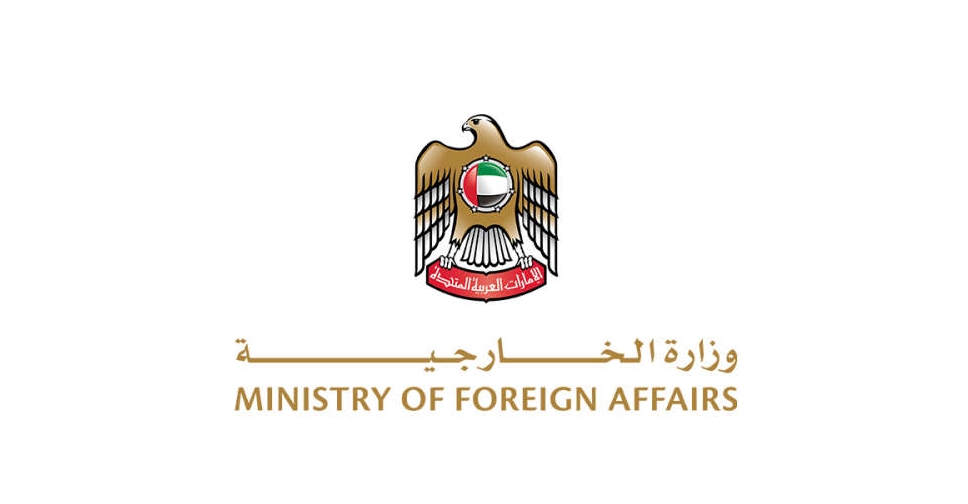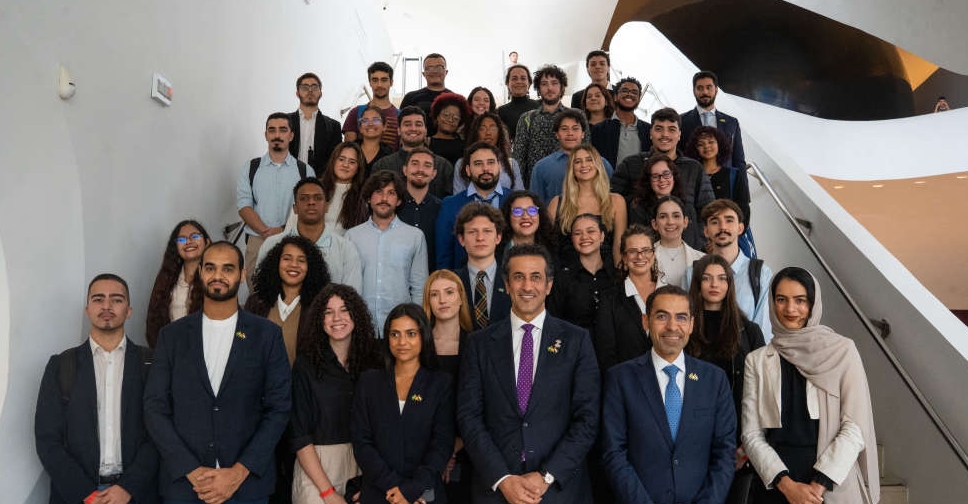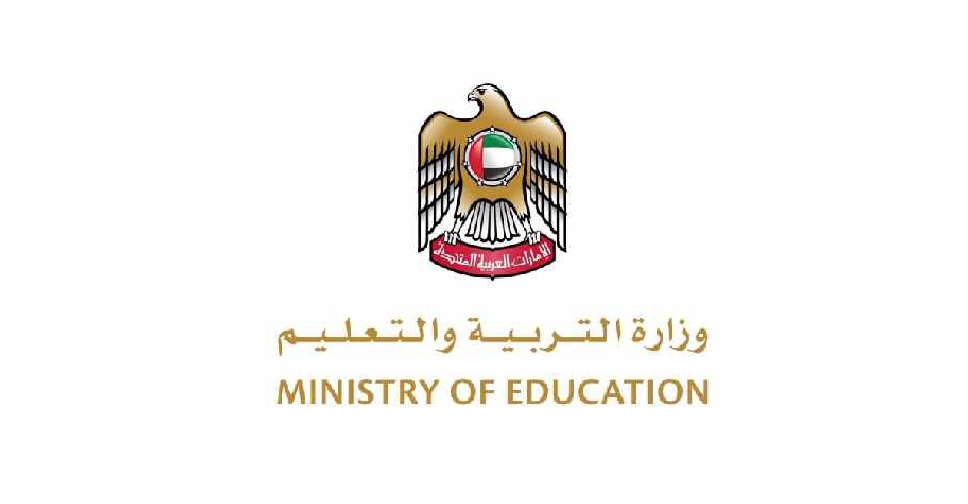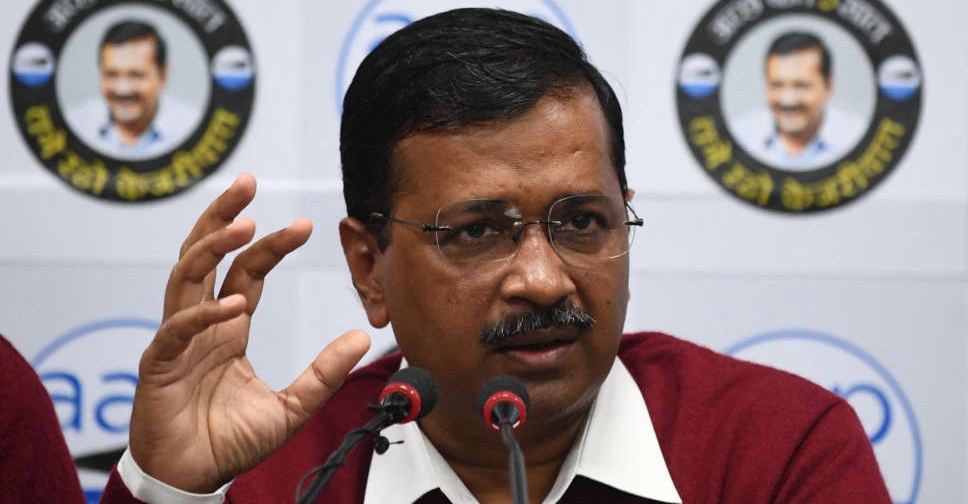
India's top court gave temporary bail to Delhi Chief Minister Arvind Kejriwal in a graft case on Friday, allowing him to campaign in the ongoing general elections.
The court said the bail would last until June 1, the last day of the seven-phase vote, and Kejriwal would have to surrender on June 2.
The election has been marred by charges that Prime Minister Narendra Modi's government is using investigating agencies to hurt rivals, accusations the government denies.
The Enforcement Directorate, India's financial crime-fighting agency, arrested Kejriwal - a staunch critic of Modi and a key opposition leader - on March 21 in connection with corruption allegations related to the capital territory's liquor policy.
Kejriwal's government and his Aam Aadmi Party (AAP) have denied the corruption allegations. Modi and his Bharatiya Janata Party say that the investigating agencies are only doing their job and the government is not influencing them.
Kejriwal has been in pre-trial detention since April 1, and his wife Sunita has stepped in to campaign for his decade-old party in his absence.
India began voting on April 19 and elections to more than half the total 543 seats were completed with the third phase on May 7. The national capital territory will vote on May 25.
Voting concludes on June 1 and counting is set for June 4.
The Supreme Court, while hearing an appeal against Kejriwal's arrest last week, said that it "may" consider granting "interim bail" or temporary bail to the high-profile leader "because of the elections" as the appeal against his arrest could take a while to conclude.
Kejriwal argued that he was arrested just before the vote to stop him from campaigning against Modi, who opinion polls suggest will win a comfortable majority and secure a rare third straight term.
His lawyer said Kejriwal is a serving chief minister, not a "habitual offender".
ED lawyers argued that giving bail to a politician just to campaign will send a wrong message that there are different standards for them and other citizens. Kejriwal had to be arrested as he refused nine ED summons over six months to appear for questioning, they added.
The INDIA alliance of more than two dozen opposition parties has called the action against Kejriwal and other opposition leaders politically motivated to deny them a level playing field in the polls, accusations Modi and BJP reject.
Kejriwal's arrest had drawn international attention, with Germany and the United States calling for a "fair" and "impartial" trial.

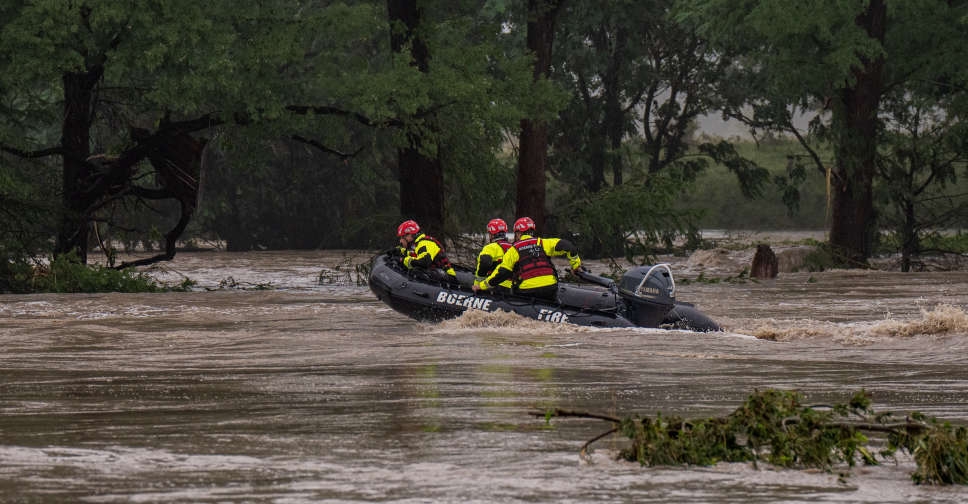 At least 24 dead in Texas flash flooding
At least 24 dead in Texas flash flooding
 Aid foundation says two of its workers injured in Gaza
Aid foundation says two of its workers injured in Gaza
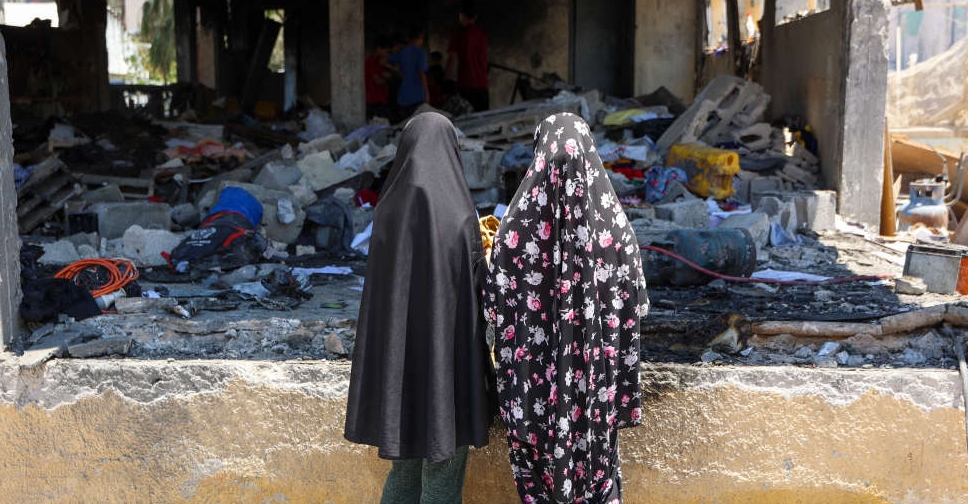 Hamas says it responds to Gaza ceasefire proposal in 'positive spirit'
Hamas says it responds to Gaza ceasefire proposal in 'positive spirit'
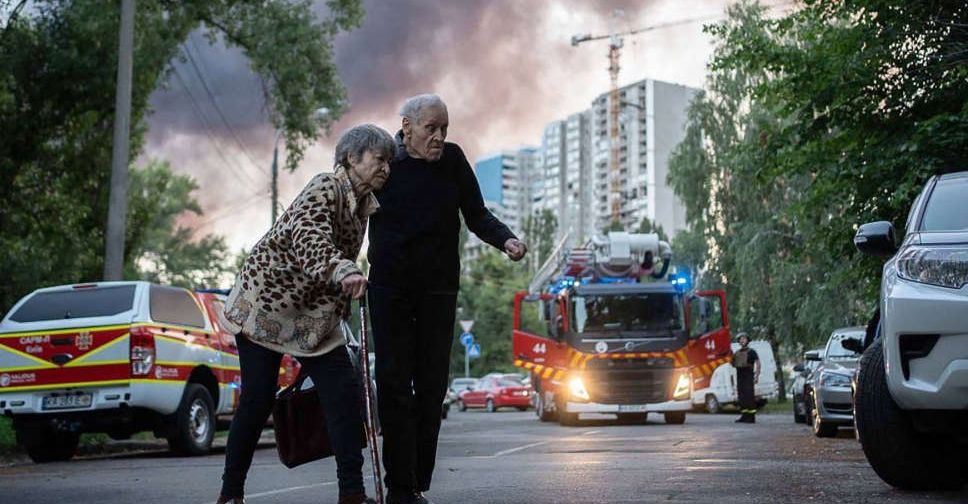 Russia pounds Kyiv with largest drone attack, hours after Trump-Putin call
Russia pounds Kyiv with largest drone attack, hours after Trump-Putin call
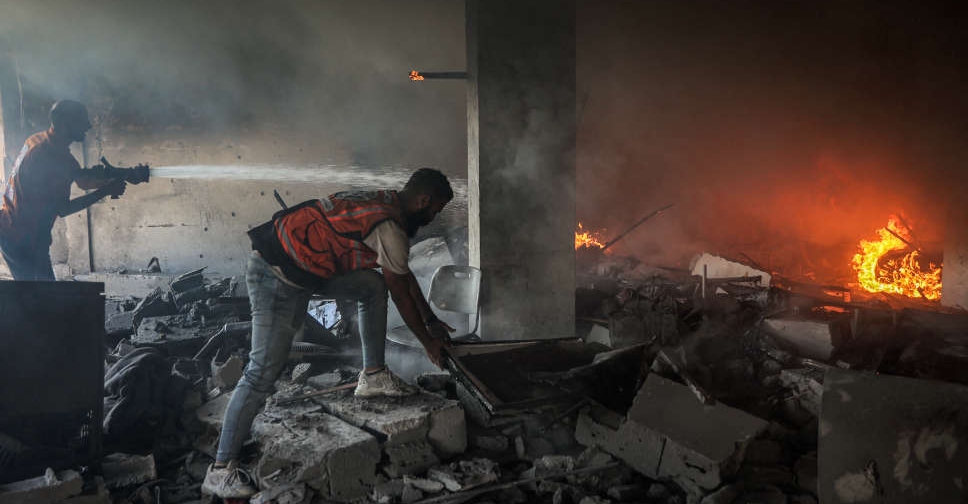 Trump says he expects Hamas decision in 24 hours on 'final' peace proposal
Trump says he expects Hamas decision in 24 hours on 'final' peace proposal
